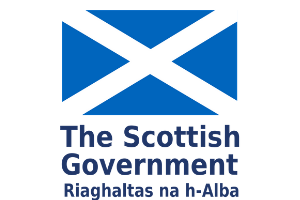New Updated Guidance from Scottish Government of SDS during Pandemic

Guidance reinforces need for increased flexibility for SDS during the Pandemic
The Guidance covers both children and adult services. The aim of the Guidance is to:
‘. . . ensure supported people have flexibility of choice over how they manage their SDS budgets to meet their personal outcomes. This guidance also enables local authorities and health & social care partnerships to maximise flexibility of spend, to ensure people can develop their support arrangements to meet their personal outcomes in a way that works for them‘ (p.4) (added emphasis)
The Guidance supports increased flexibility being applied to how people can use their SDS budgets, including the employment of family members:
‘Best practice approaches . . . should include open dialogue with carers and supported people around options available to deliver their social care support. This includes support to use personal budgets flexibly, and considerations of the impact of all available options under SDS, including using Option 1 to employ friends and family members’ (p.5) (added emphasis)
‘. . . the Scottish Government expects local authorities to exercise maximum flexibility in the provision of support through SDS’ (p.6) (added emphasis)
Whilst the pandemic has affected local capacity to respond to people’s needs, this Guidance reiterates the importance of Local Authorities ‘welfare function’ by:
- ‘carrying out regular reviews;
- holding good conversations and co-producing support plans with individuals and their support networks; and,
- organising social care support to meet personal outcomes, including making use of community supports and assets’ (p.6) (added emphasis)
Local authorities and Health and Social Care Partnerships are also expected to:
‘. . . proactively communicate their approach to budgets for SDS Options 1 – Direct Payment and Option 2 – directing available support budgets, in a clear and transparent way. This communication should also be shared with independent support organisations such as centres for inclusive living, community brokerage services for disabled people, older people’s organisations and carer centres’ (p.6) (added emphasis)
There is additional guidance on Independent SDS Information and Support services funded under SiRD:
‘SiRDs can also advise professional staff regarding community support options and independent care and support providers that are available locally’ (p.7)
‘ Local authorities and health and social care partnerships should proactively ensure individuals and carers accessing or seeking social care support are aware of these organisations, enabling flexibility of choice’ (p.7)
There is also further guidance on:
- Additional costs for PA employers
- Unspent funds
- Employment of family members on a temporary basis
- Paying PAs when they are ill with COVID-19
You can see the full Guidance document here: Guidance on Self-Directed Support (SDS) during the Pandemic

